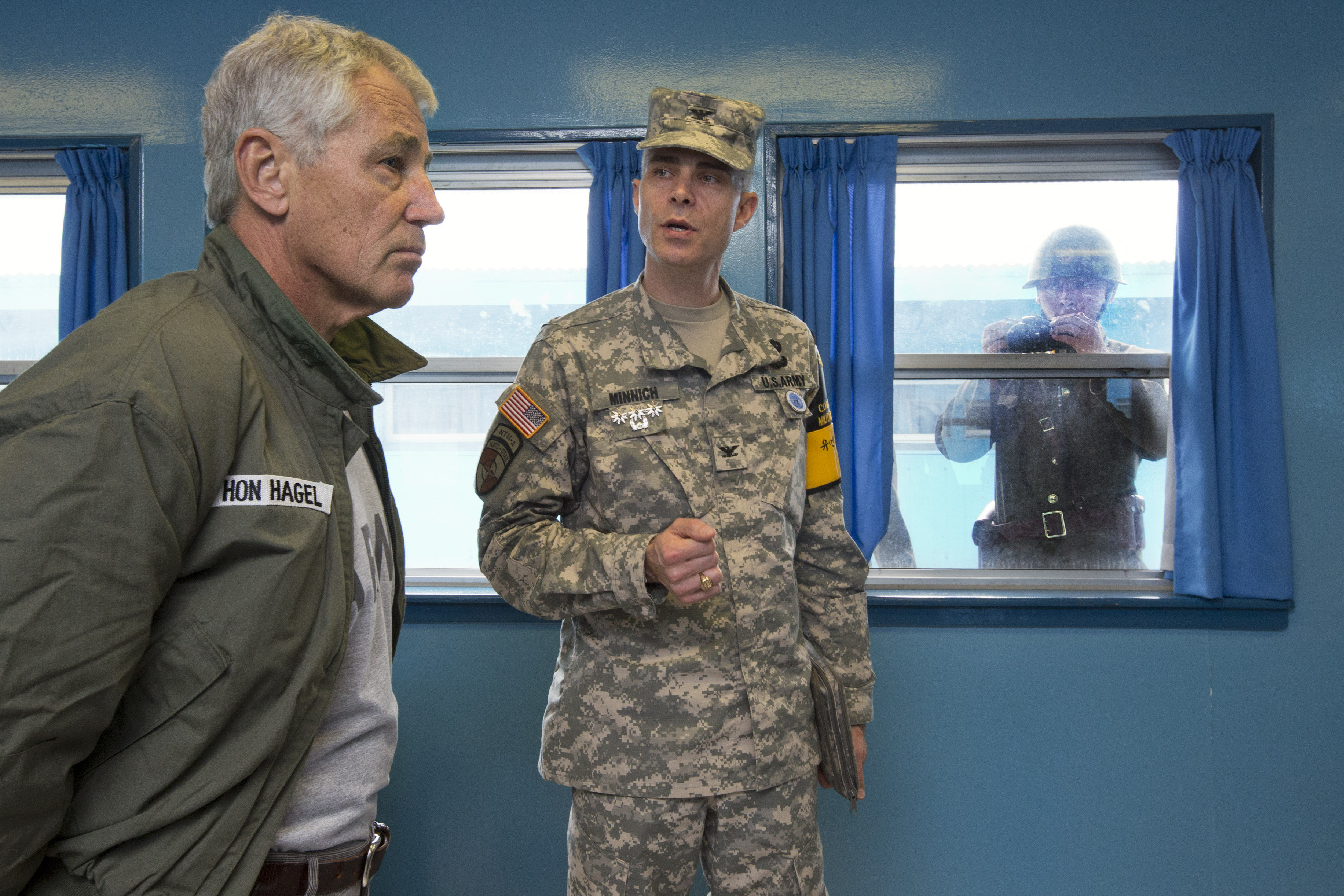Sixty years after the end of the Korean War, the United States and South Korea still cannot agree on who should take charge if another war breaks out with the communist neighbor to the north.
For years, Washington has been trying to persuade the South Korean military to take operational control of its own forces in wartime, ending a six-decade arrangement during which U.S. commanders have retained that authority over South Korean troops. Although supportive in principle, a succession of governments in Seoul has repeatedly delayed the command transfer, reinforcing doubts about whether the South Korean military is capable of operating without U.S. leadership.
Previous deals that would have transferred wartime command of South Korean troops to Seoul in 2009 and 2012 fell by the wayside. Now the latest timetable — to transfer control to the South Korean military by December 2015 — has become infected with doubt as South Korean leaders have expressed anxieties again about their ability to command their troops in the face of threats from an increasingly unpredictable North.


















With your current subscription plan you can comment on stories. However, before writing your first comment, please create a display name in the Profile section of your subscriber account page.